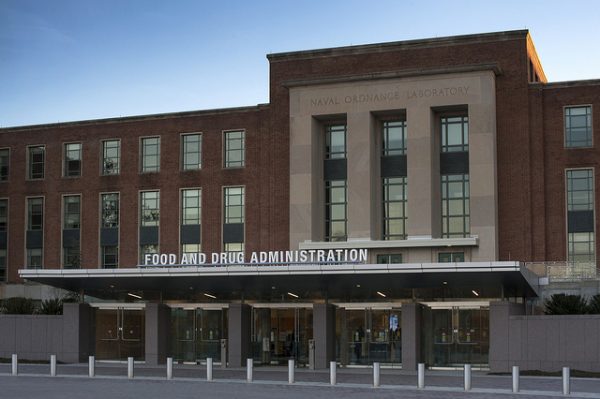
The Food and Drug Administration will give an expedited review to a drug for a type of lymphoma that it approved last month for connective-tissue cancer.
Cambridge, Massachusetts-based Epizyme said Friday that the FDA had accepted its application for Tazverik (tazemetostat) seeking approval for the drug in relapsed or refractory follicular lymphoma (FL) patients who have received at least two prior lines of therapy. In January, the agency granted accelerated approval for the drug in epithelioid sarcoma. The agency is expected to rule on whether or not to approve the drug for FL by June 18.
Shares of Epizyme were up 8.5% on the Nasdaq early Friday afternoon following the news. Tazverik is an EZH2 inhibitor and was the first drug of that class to win FDA approval.
FL, is an indolent, or slow-growing form of non-Hodgkin’s lymphoma that is treatable, but incurable, and is the second most common form of lymphoma overall. First-line treatment usually consists of a combination of Roche’s Rituxan (rituximab) with the chemotherapy combination of cyclophosphamide, doxorubicin, vincristine and prednisone, also known as R-CHOP. A variation of R-CHOP that removes doxorubicin, known as R-CVP, can also be used, or a combination of Rituxan and bendamustine. Most patients achieve remissions lasting four to seven years with those regimens. Second-line therapies include retreatment with first-line therapies, Acrotech Biopharma’s radioimmunotherapy drug Zevalin (ibrutumomab tiuxetan) and Roche’s Gazyva (obinutuzumab).
The application was based on data from a single-arm Phase II study showing that among 99 patients, 69% of those with an EZH2 mutation and 35% of those without mutations of the EZH2 gene – also known as wild-type EZH2 – responded to therapy. EZH2-mutated patients had a median duration of response lasting 11 months, compared with 13 months for those with wild-type EZH2. Eight percent of patients discontinued treatment due to side effects, and 9% required dose reduction. Severe or worse side effects included lower blood counts, anemia, weakness and fatigue.
In order to support full approval of the drug, the company is conducting a Phase Ib/III randomized trial combining Tazverik with Rituxan and Bristol-Myers Squibb’s Revlimid (lenalidomide), a combination known as R2, in patients with second-line and later disease. The Phase Ib safety run-in portion of the study is underway, with a plan to start the Phase III efficacy portion this year.
Photo: FDA (via Flickr; free of all copyright protection)










